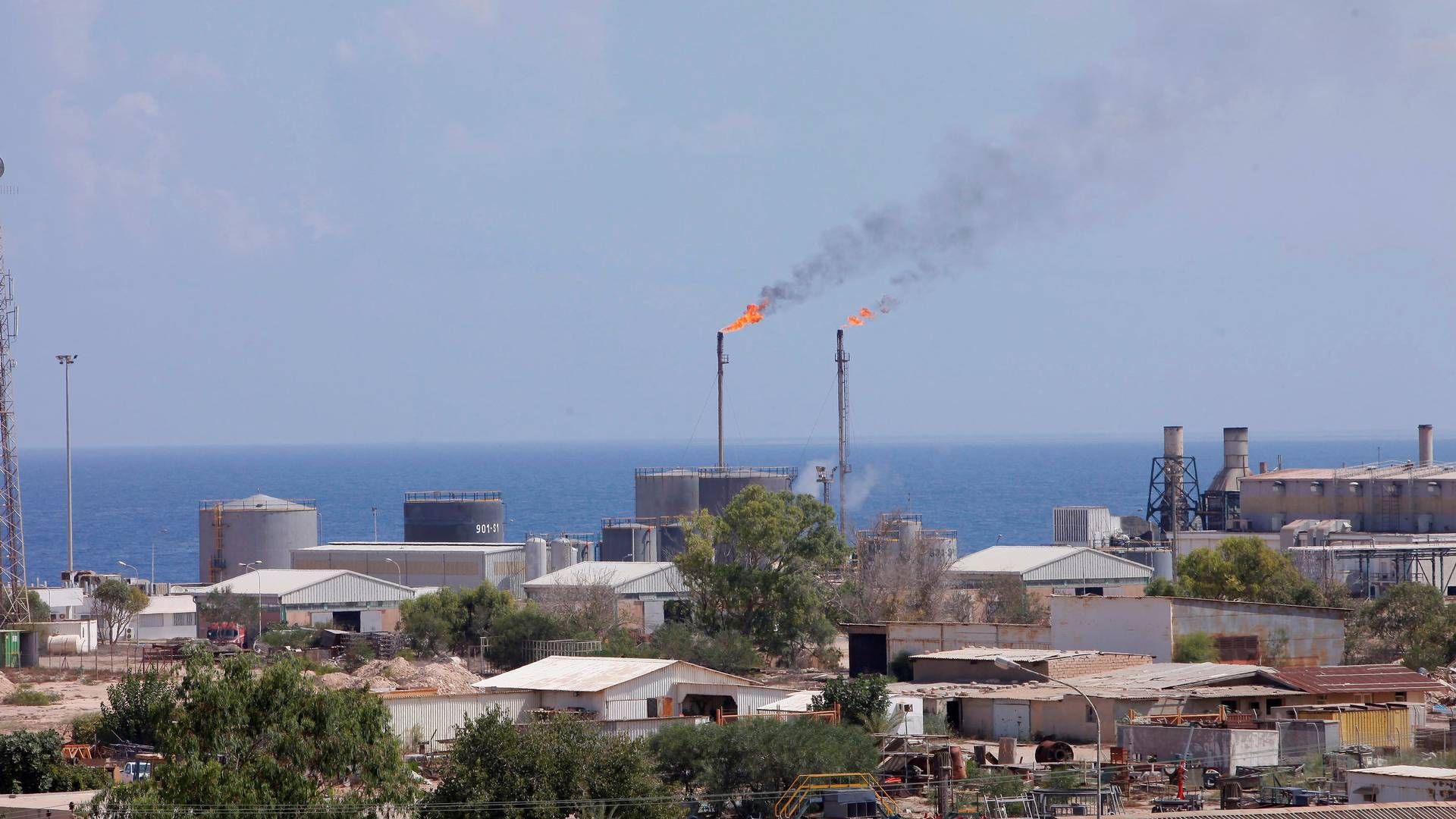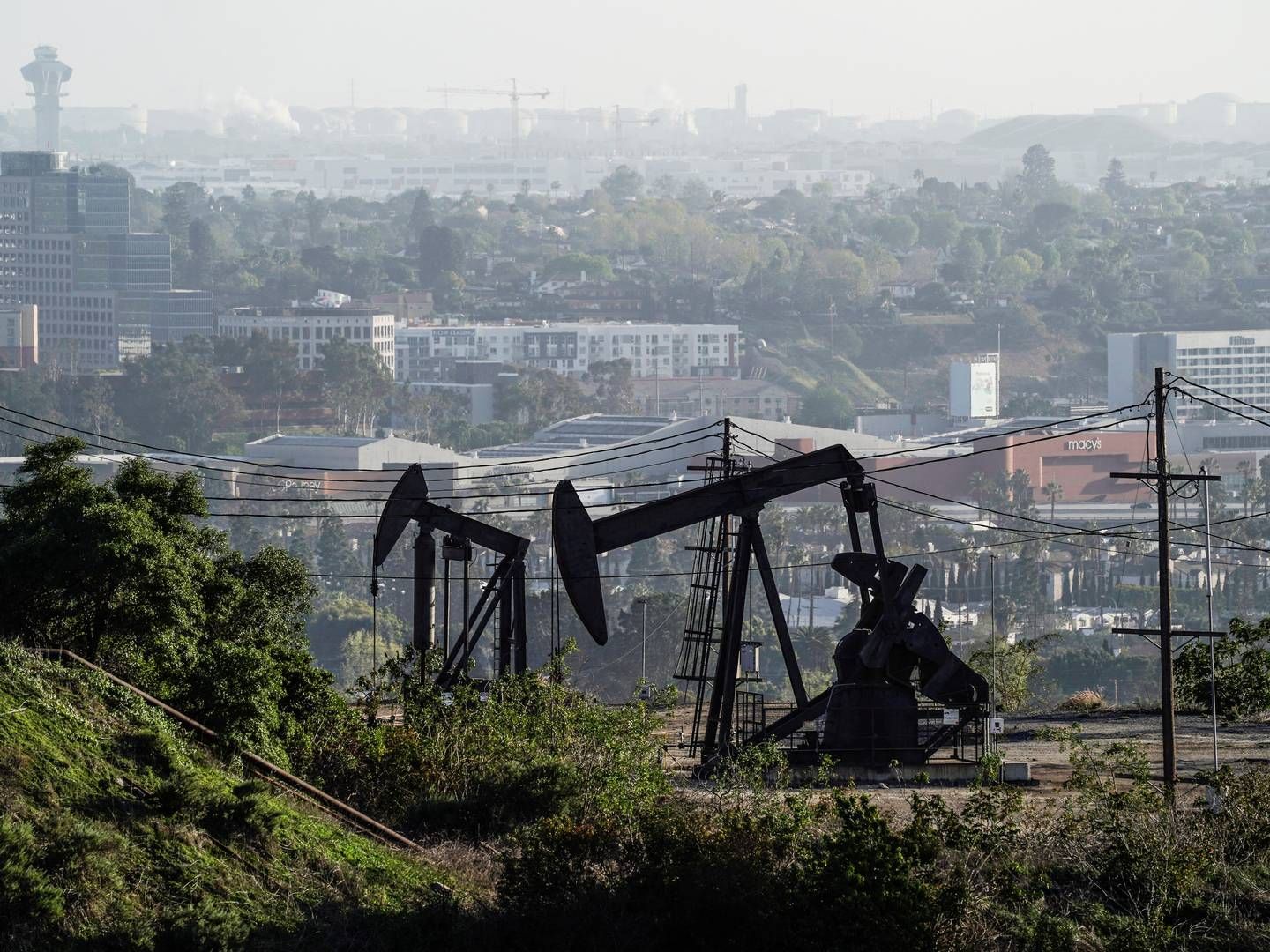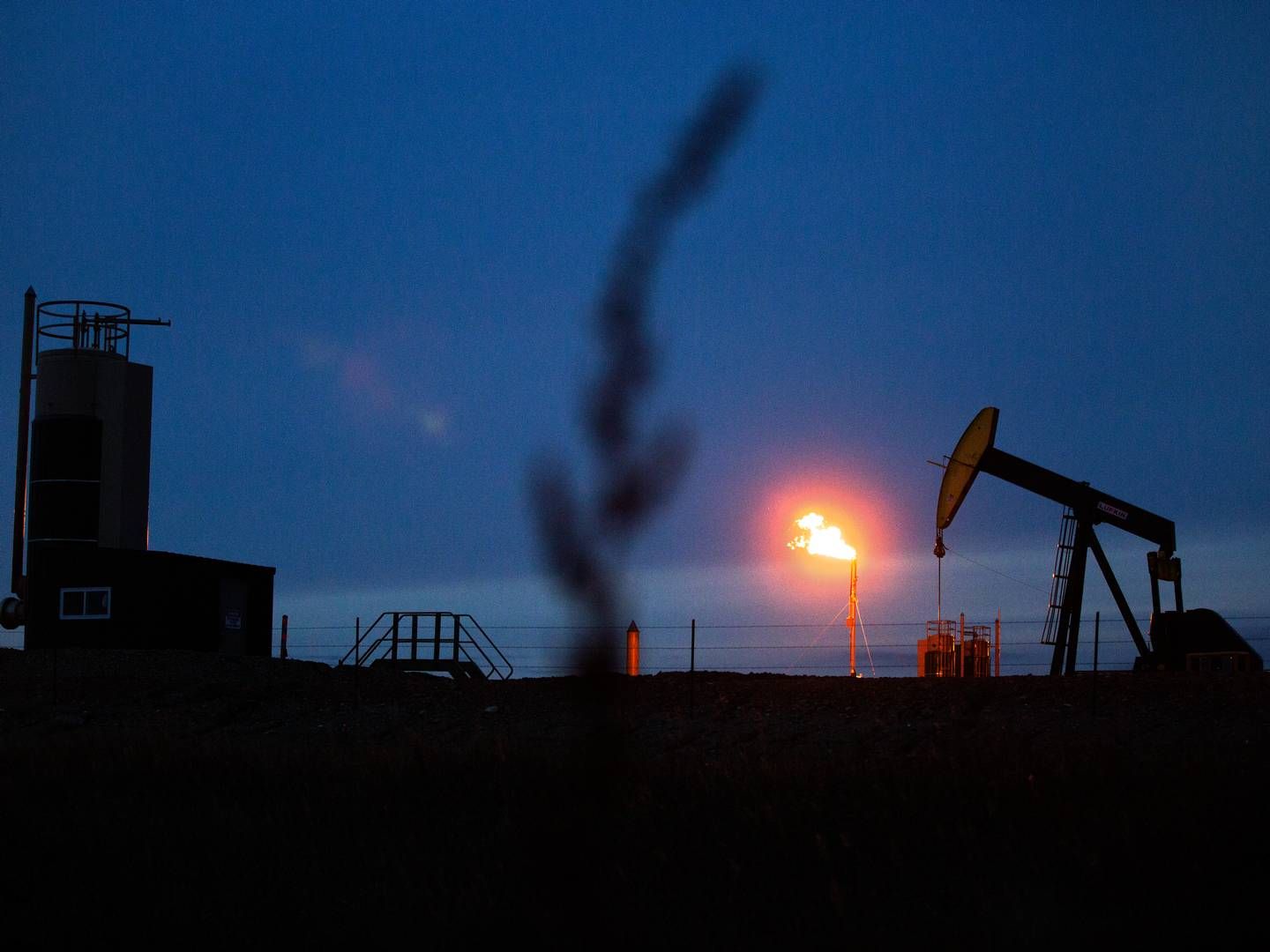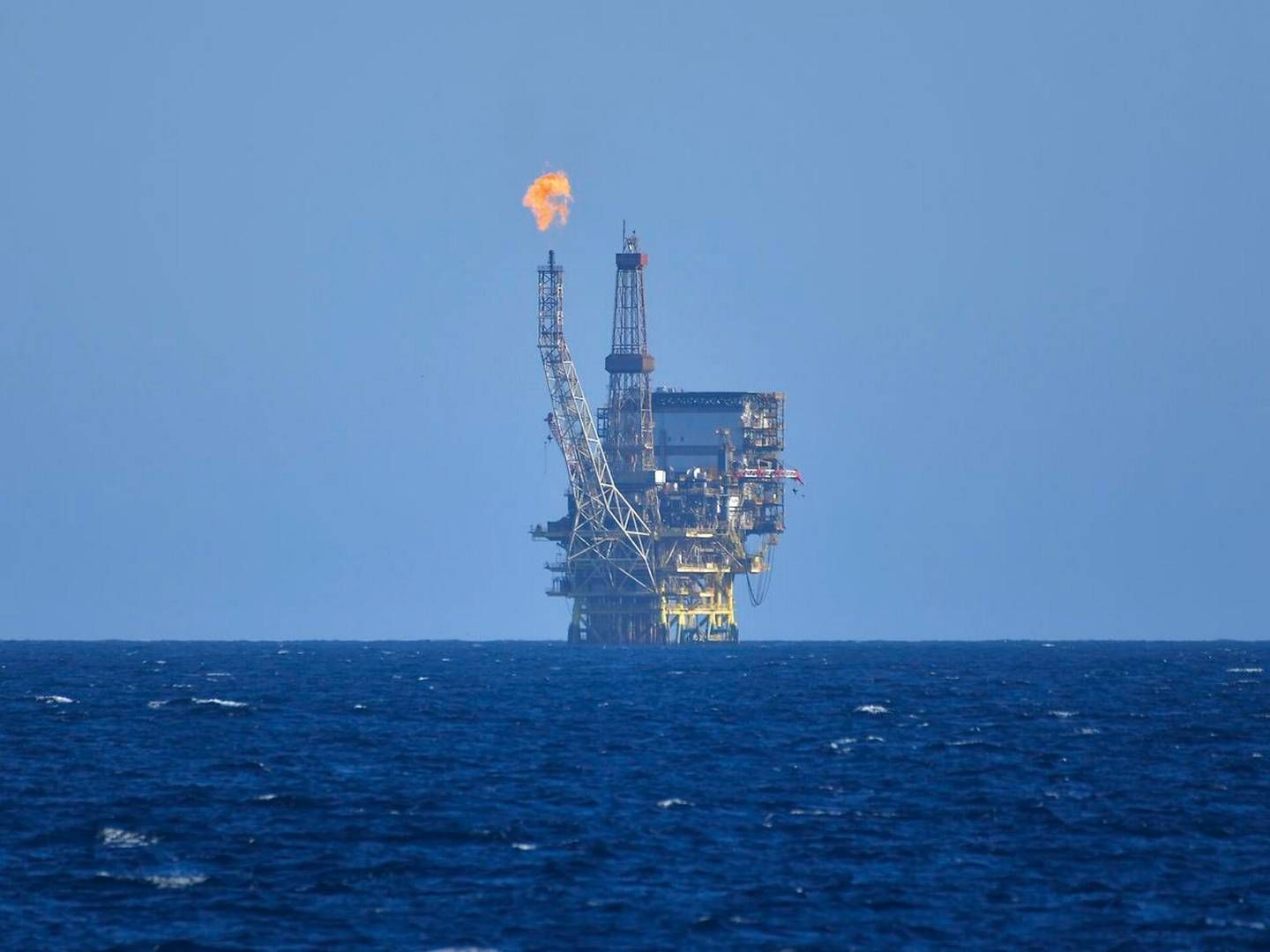Libya’s major oil field fully halted as tensions resurface

A major oil field in Libya was fully halted as political tensions resurfaced in the nation that sits atop Africa’s biggest reserves.
The Sharara deposit in the southwest of the country began halting late Thursday and was fully stopped overnight, according to a person familiar with the matter. Oil prices jumped after the news first broke.
Output was halted by protesters who are unhappy with the arrest of an official who’s trying to become the boss of Libya’s central bank. Waha, where production is similar to Sharara, is further east. Various factions in the country have in the past formed alliances if they share political goals, although it’s unclear if that’s the case this time.
Libya has lurched from one crisis to the next since the 2011 civil war and overthrow of long-time strongman Moammar Qaddafi. Oil production has been highly volatile, with armed groups regularly shutting down fields.
The country’s been more stable since a truce in a civil war around mid-2020, with crude output holding above 1 million barrels a day for most of this year. Still, Libya remains divided between rival administrations. In addition, there are hundreds of foreign mercenaries in the country, including some belonging to Russia’s Wagner Group, who control access to oil field and ports.
The latest disruption at Sharara means a swath of African oil supply has been curbed over the past 24 hours. A nearby — but smaller — Libyan field, El Feel, was halted earlier on Thursday as part of the same protest.
In Nigeria, the continent’s top producer, the Forcados terminal had to halt while the cause of a possible leak gets inspected. Together, the Libyan and Nigerian disruptions represent well over 500,000 barrels a day of oil flow — about 0.5 percent of global supply. In all three cases, a timeline for a full restart isn’t clear.
Sharara and the Waha field pump similar amounts of oil. Before the disruption, Sharara was at about 250,000 to 260,000 barrels a day, and Waha at about 280,000 to 290,000 barrels a day. The El Feel field handles about 60,000 to 70,000 barrels a day.
In addition, Forcados oil flows from Nigeria have averaged about 225,000 barrels a day so far this year, according to loading plans seen by Bloomberg.




















